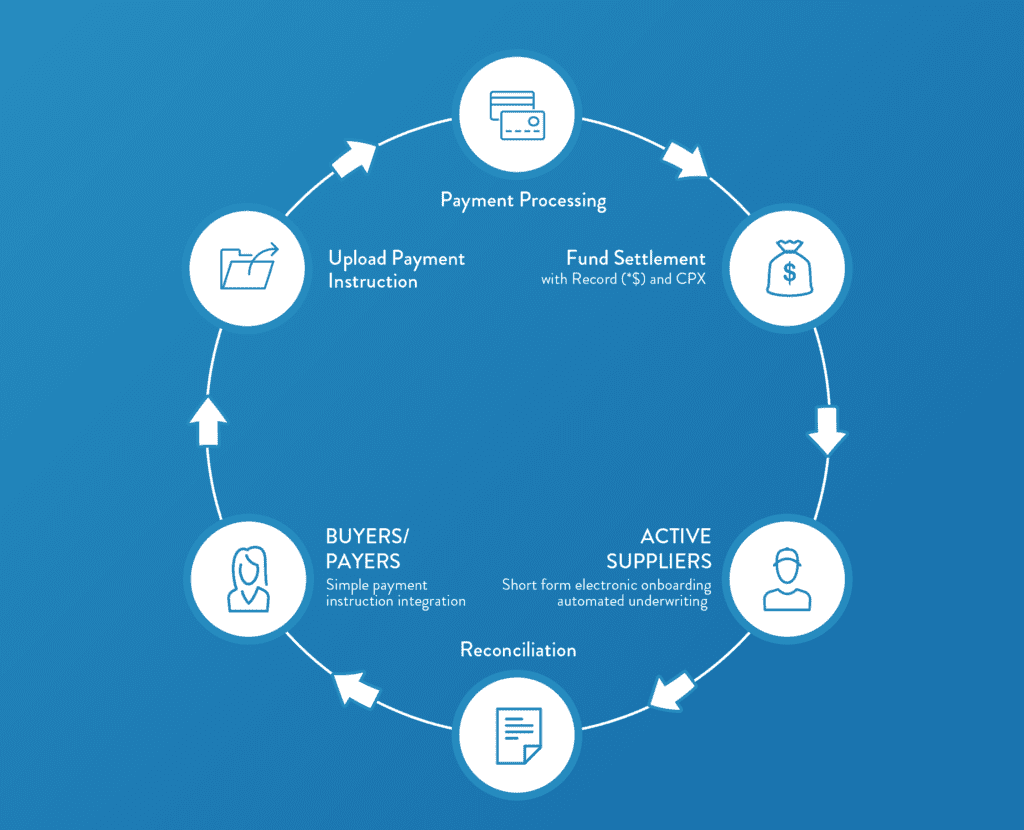
Accounts payable (AP) is a crucial function of any business. It involves managing and processing payments to suppliers and vendors for goods and services purchased. The traditional AP process can be manual, time-consuming, and error-prone, which can lead to delayed payments, missed discounts, and even strained supplier relationships. According to CPA Practice Advisor: “North American B2B payments add up to $27 trillion a year. And, those payments cost businesses a lot of money; it’s estimated that companies spend $510 billion each year on direct/indirect manual AP costs for payments.” Automating your accounts payable workflow can help overcome these challenges and improve the overall efficiency of your finance operations. In this blog post, we’ll discuss the importance of automating your accounts payable workflow and how it can benefit your business.
Improved Efficiency
Manual AP processes require a significant amount of time and effort, from the receipt of invoices to the payment of bills. Automating the process can significantly reduce the time and effort involved, enabling finance teams to focus on more strategic tasks. Automation can help eliminate manual data entry and streamline the entire AP process, from invoice receipt to payment processing. This can free up finance teams to work on more critical tasks, such as budgeting, forecasting, and analysis.
Faster Processing
The traditional AP process can be slow, with invoices taking days or even weeks to be processed and paid. This can lead to delayed payments and missed early payment discounts, which can impact cash flow and supplier relationships. Automating the AP process can help speed up invoice processing and payment cycles. Automated AP systems can receive and process invoices quickly, ensuring timely payment and capturing early payment discounts.
Reduced Errors
Manual AP processes are prone to human error, such as duplicate payments, incorrect payment amounts, and data entry errors. These errors can cause payment delays, disputes with suppliers, and even financial losses. AP automation can help reduce these errors significantly. Automated systems can perform data validation and match invoices against purchase orders, eliminating the risk of duplicate payments and errors. This can lead to more accurate and timely payments, reducing the risk of supplier disputes.
Enhanced Visibility
Manual AP processes can be challenging to track and manage, making it difficult to monitor payment status and track expenses. Automating your AP practice can help provide better visibility into payment status and expenses, enabling finance teams to monitor and manage accounts payable more effectively. Automated systems can provide real-time visibility into payment status, allowing teams to track expenses and identify areas for cost savings.
Improved Supplier Relationships
The AP process plays a critical role in building and maintaining relationships with suppliers. Delayed payments and payment disputes can strain these relationships, leading to supplier dissatisfaction and possible supply chain disruptions. Automating your AP practice can help build and maintain strong supplier relationships. Automated systems can ensure timely and accurate payments, capturing early payment discounts and avoiding payment disputes. This can help build trust and strengthen relationships with suppliers. Additionally, some companies (like Priority) employ a team of Supplier Enablement experts that are dedicated to enrolling your suppliers onto your AP automation platform. Priority’s core competency lies in identifying and engaging suppliers. Our process begins by conducting a match process against both the card network databases and Priority’s proprietary database. Although supplier acceptance rates can reach as high as 65%-75%, suppliers may still need to agree to accept under certain circumstances. To ensure a seamless supplier activation process, Priority offers buyers the support of our supplier activation outreach team.
Conclusion
Accounts payable is a critical function of any business, and automating this process can help improve efficiency, reduce errors, and enhance visibility. Automating your AP practice can help streamline the entire process, from invoice receipt to payment processing, freeing up finance teams to focus on more strategic tasks. Automation can also help speed up payment cycles, reduce errors, and build stronger supplier relationships. With the benefits of AP automation, businesses can improve cash flow, save time and money, and enhance their overall finance operations. This is becoming increasingly important as economic conditions continue to be an unknown variable for many businesses.
Click below to learn more about Priority’s CPX® platform. CPX automates 100% of your accounts payables (AP) to reduce cost and generate cash back when paying your suppliers.



